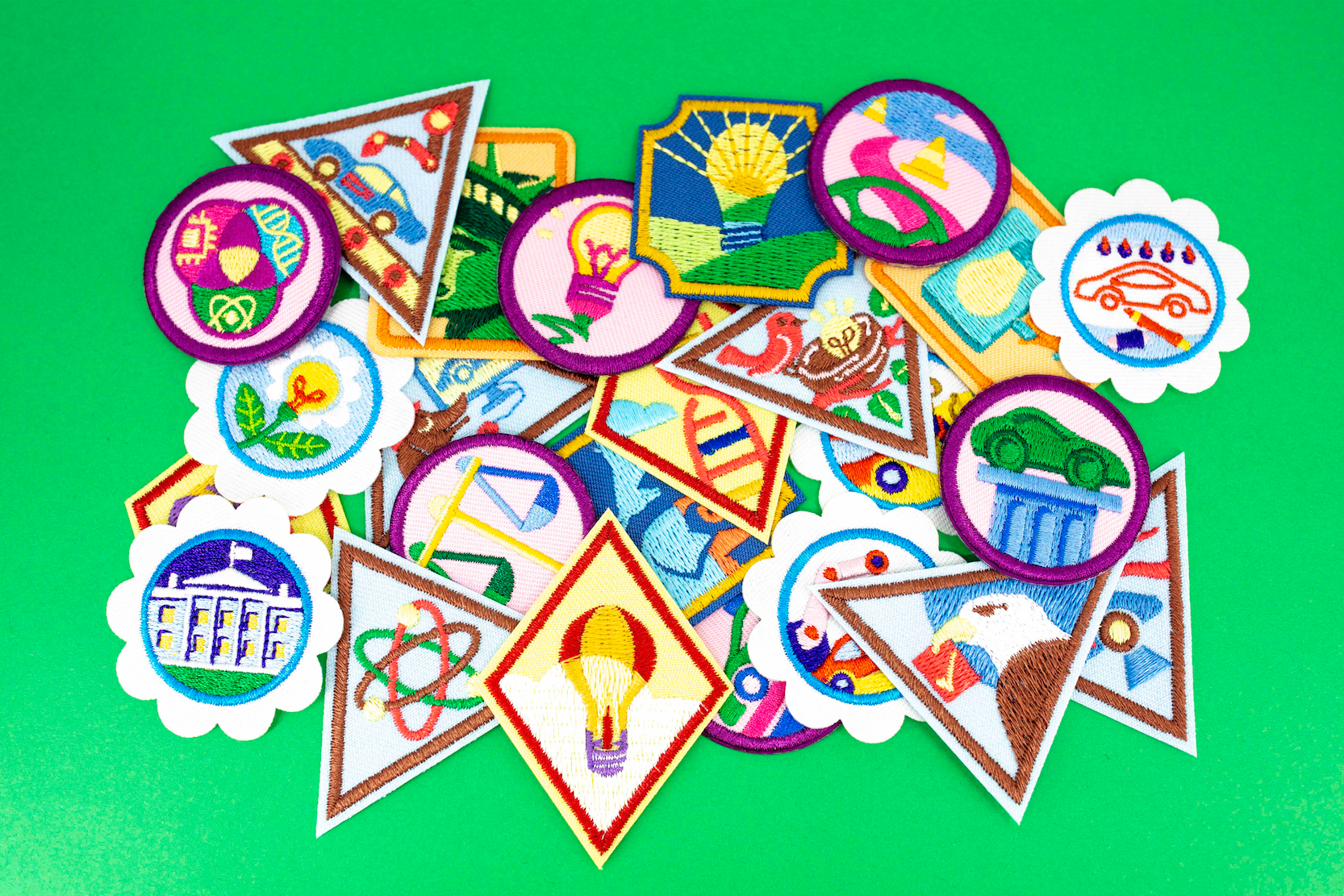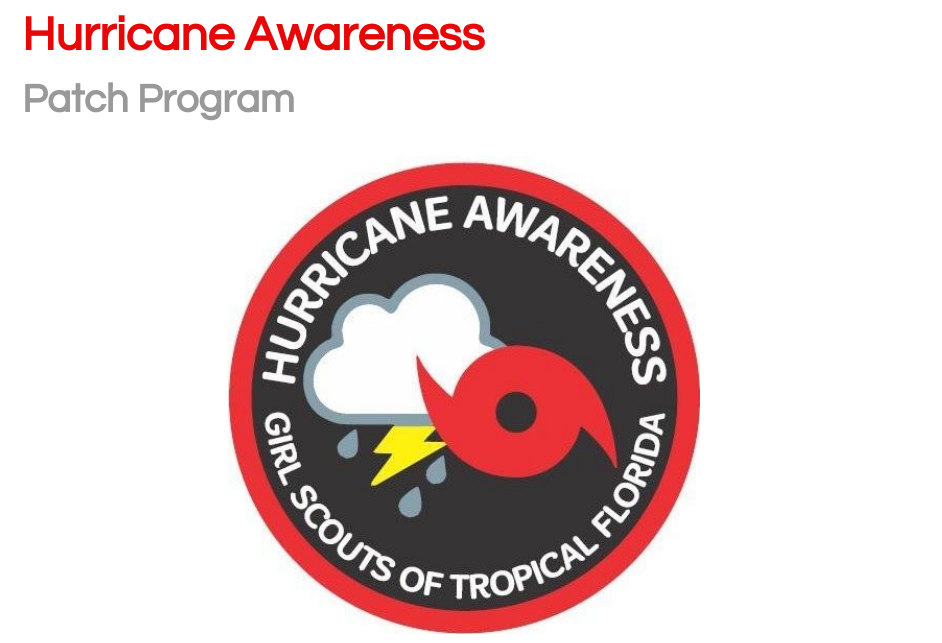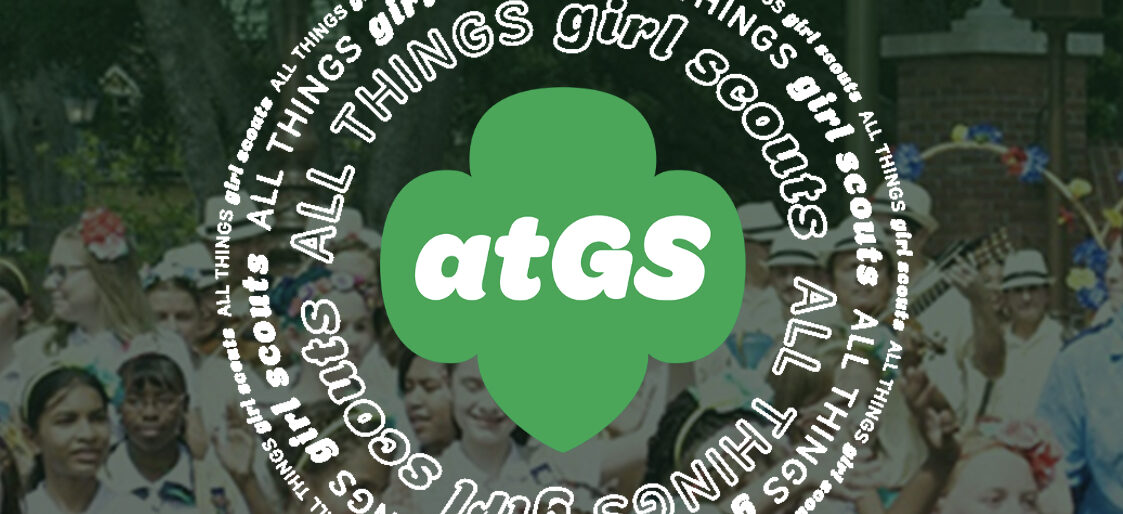 Featured
Featured
Helpful info from the Institute for Disaster Mental Health.
View the full resource here.
Choose Your News Carefully
It’s important to stay informed about what’s going on, but that should not be your main focus in life throughout the outbreak. There is a lot of misinformation and conflicting news circulating, which just compounds confusion and stress for many people. Part of that is due to the rapidly evolving situation which legitimate news outlets are struggling to keep up with, but part results from people spreading rumors, or using misinformation to try to sell products or advance political agendas.
For accurate scientific guidance, you can’t do better than the Centers for Disease Control website: https://www.cdc.gov/coronavirus/2019-ncov/ That’s the most reliable source for current information about the disease itself as well as resources for dealing with its effects.
To keep up with local impacts, choose a single news source you’ve found to be reputable in the past, and set yourself a schedule for when you’ll check for updates. Unless you’re actually in charge of the response, you probably don’t need to be monitoring the news 24/7, and you may find it reduces your stress considerably to limit your exposure to a few intentional news checks a day, rather than keeping the outbreak top of mind by constantly monitoring the latest information.
The same goes for social media: It can be a great way to stay connected with positive sources of social support, but Facebook and the like are not good places to get reputable information. These sites may expose you to a lot of dubious theories and rumors, sowing confusion and stress, so consider limiting your social media use and being selective in what you expose yourself to in all media.









